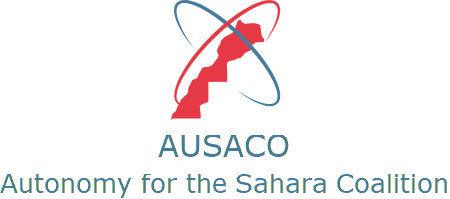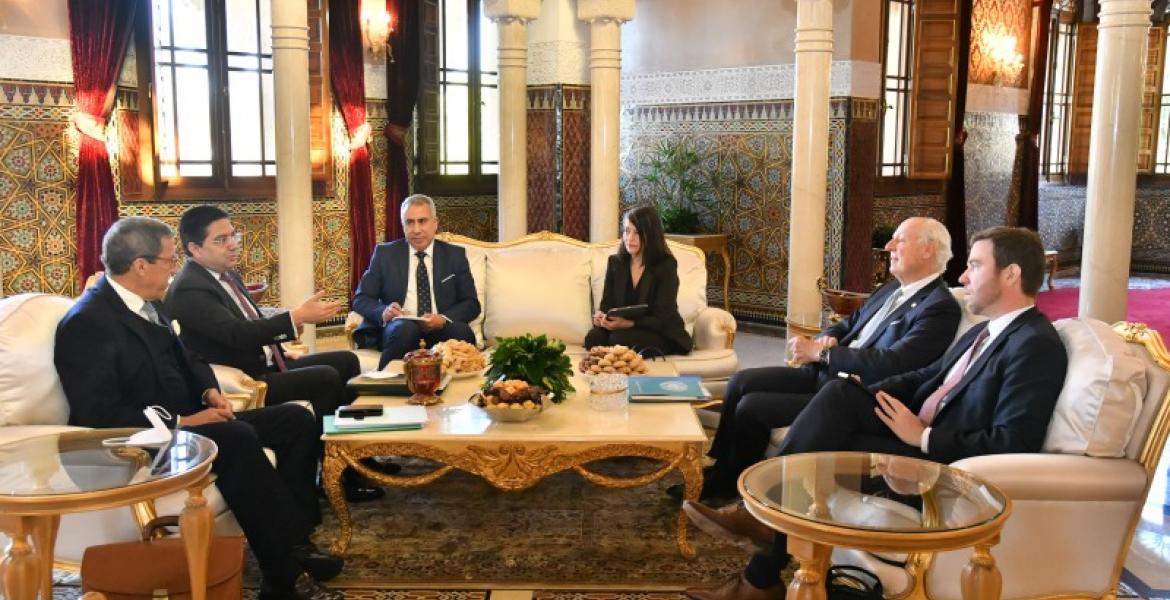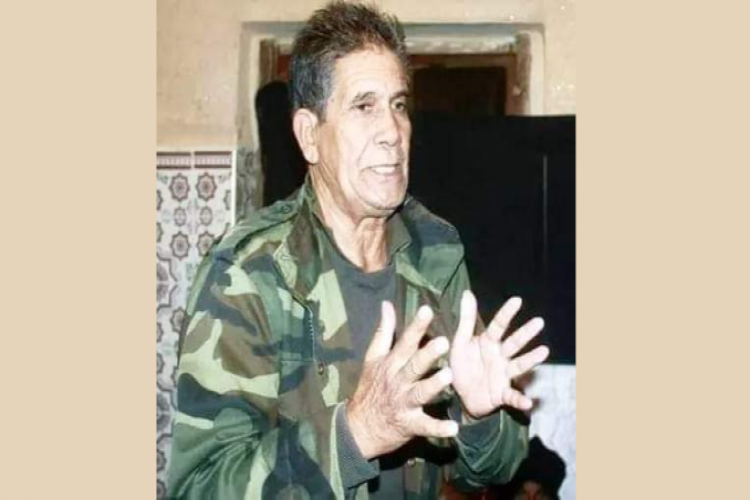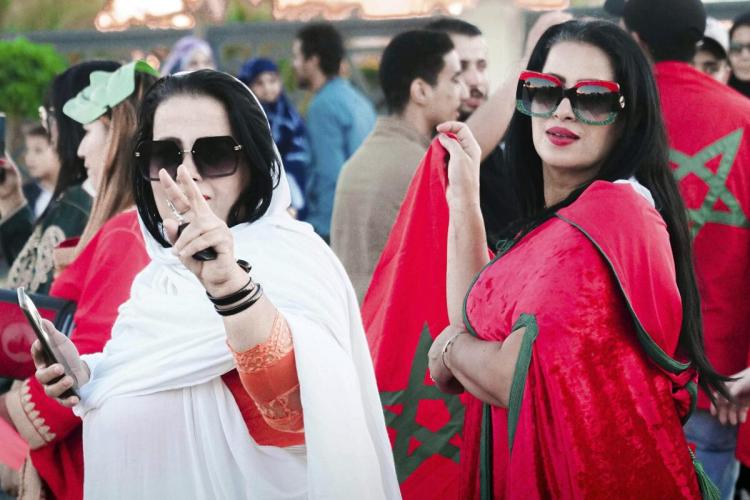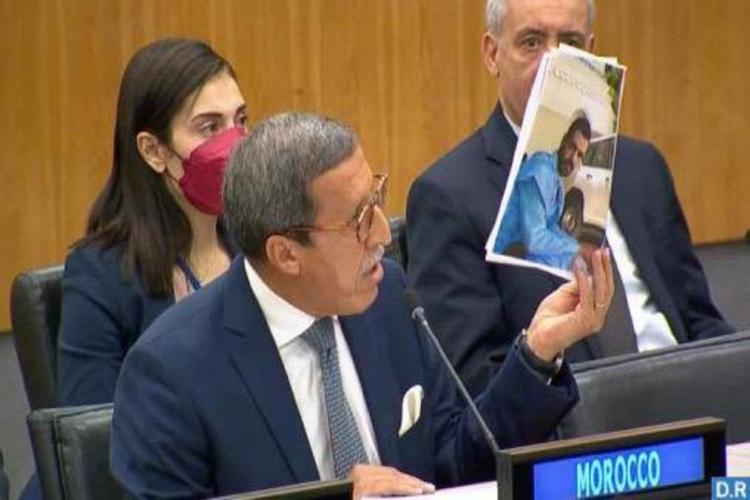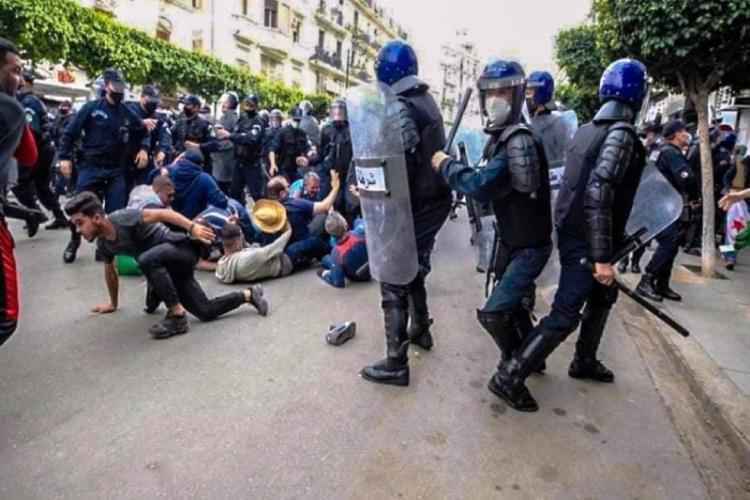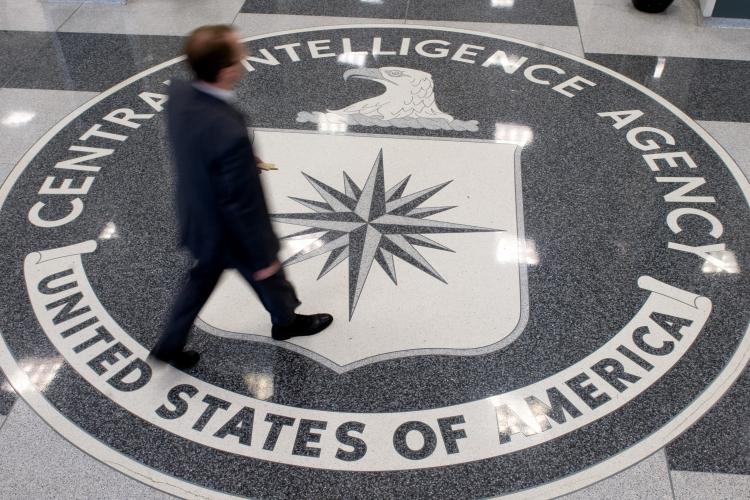The new dynamics of the Western Sahara issue.
A good understanding of the Sahara issue requires a holistic approach due to the myriad of problems that define it:
- Border issues,
- The progressive recovery of territorial integrity,
- A particular geography,
- A winding history,
- Security implications related to the persistence of the dispute, to name just a few.
To fully grasp the dynamics of this dispute, it would be obvious to ask certain fundamental questions, namely:
- Who are the parties to the conflict?
- Who are the stakeholders?
- How did a simple decolonization problem, whose resolution followed a conventional path, deviate to become one of the oldest regional disputes in the African continent?
An objective and dispassionate analysis of the regional conflict has led to the identification of a number of objective facts that remain fundamental to a good understanding of the genesis and evolution of the Sahara issue. The most basic of these is, of course, the responsibility of Algeria, which it has been trying to conceal for over 45 years.
Algeria likes to project itself in the world under many guises: "a neighboring state," "an interested party," or "an observer state," but never as a true party.
The persistence over time of this problem and its transformation from a classic decolonization issue to its later internationalization owe much to Algeria's active involvement. Due to Algeria's interference, the Sahara issue has become a regional dispute fueled by Algeria through the "Polisario."
How can we describe a country that, for half a century, has armed, financed, and provided unlimited military, diplomatic, and logistical support to the "Polisario"? How can we describe a country that has waged a proxy war against Morocco through a separatist group over which it exercises total control?
From 1956 to 1975, Morocco constantly demanded the decolonization and return of the Sahara. This demand was expressed to the United Nations in 1957, a few months after Morocco's accession to the UN. This claim was forcefully made by the late King Mohammed V in the historic speech of M'hamid El Ghizlane in 1958, at a time when neither Algeria nor the "Polisario" existed.
The "Polisario" was created by the regimes of Kadhafi and Algeria during the Cold War, in 1973, in a world polarized between the communist bloc and the Western bloc. The "Polisario" is the vestige and relic of an ideology that has now disappeared, but whose traces are still visible in its outdated approaches to the realities of the modern world.
The growing international consensus on the Moroccan identity of the Sahara and the framework adopted by the international community to achieve a definitive solution to the regional dispute over the Sahara not only confirm the usurpation by the "Polisario" of an anti-colonial legitimacy that it never really enjoyed, but also accelerate the definitive decline of separatist ideologies.
The separatist project is also part of the expansionism of the Kadhafi regime directed against Morocco since 1972.
Today, the "Polisario" only survives thanks to the criminalization of Algeria's policy on the Sahara issue, whose persistence jeopardizes the stability and development prospects of the Sahel-Saharan strip and the Mediterranean region.
The "Polisario" does not exist independently of the support it receives from Algeria as part of its hegemonic agenda.
The "Polisario's" theses, if I may say so, are now outdated, both due to the irreversible dynamic of Morocco's sovereignty on the ground and the challenge to its legitimacy, as well as the reference framework adopted by the UN to reach a definitive political solution to the dispute over the Sahara.
The international community, aware of the weight of the Cold War that still influences Algerian politics on the issue of the Moroccan Sahara, and by extension on the ideology and practices of the "Polisario," is turning to Morocco's sovereignty as the only framework for resolving the Sahara issue.
Faced with the abyss that looms before Algeria and the "Polisario," the duo is trapped in a tactic of constant evasion, even at the cost of accelerating the definitive decline of their theses.
Since 2000, 45 states have withdrawn their recognition of the so-called "SADR," a process that has accelerated significantly in recent years. Thus, in Latin America, the continent with the most countries recognizing this pseudo-entity, only nine countries still recognize it, compared to 18 in 2000.
Today, 35 Latin American countries, or more than two-thirds of the region's countries, do not recognize the so-called "SADR." In Asia, only North Korea and Timor-Leste still recognize the so-called "SADR." In Europe and North America, no country recognizes this false entity.
In Africa, only 18 countries continue to recognize the so-called "SADR," a number that is expected to rapidly decrease as African countries and their institutional families rally behind Morocco's legitimate rights.
In 2019, 28 heads of state sent a motion to the 27th African Union Summit calling for the suspension of the so-called "SADR," including leaders of countries that still maintain a nominal recognition vestige of a now-defunct ideological past in favor of a firm commitment to international legitimacy and legality.
Therefore, the prospects for the "Polisario" appear bleak, with the disappearance of the geopolitical and ideological terrain that gave birth to it and the aging of its own leaders. This trend is expected to continue in a context where the Algerian state itself is facing a protest movement that shows no signs of abating.
The weakness of Algeria's diplomatic leverage will increase the relative cost of its support for the "Polisario" at the expense of its own development policies.
In the face of this lack of prospects, the "Polisario" has gradually transformed from a simple mercenary organization into a criminal movement with multifaceted links to transnational networks of organized crime that crisscross the Sahelo-Saharan region.
The creation of the "Polisario" and Algeria's attachment to the principle of self-determination raise questions. In fact, the creation of the pseudo "SADR" preempted the exercise of self-determination by prejudging its outcome.
In positive law, self-determination is exercised through the enjoyment of economic, social, and cultural rights, as well as through the exercise of political rights. This is what the population in the Sahara is currently doing through its participation in legislative, communal, and regional elections, but also in the management of its local affairs.
The opening of around thirty General Consulates in Laayoune and Dakhla, the US decision to support autonomy as the only solution to the regional dispute, and the recent official declarations of several European countries, such as Spain, a former colonial power, as well as Germany, the Netherlands, Romania, and Hungary, show that for the international community, there is no other horizon for the UN political process than autonomy.
With a clear dynamic of support for the Autonomy Initiative, European countries could no longer afford to remain confined in a pseudo "comfort zone" that was not comfortable at all.
These frank and massive supports are even less surprising since the Moroccan Autonomy Initiative has benefited, since its submission to the UN in 2007, from broad support from the international community, and the Security Council continues to commend Morocco's serious and credible efforts to resolve this regional dispute in its 18 consecutive resolutions.
The language expressed in the official positions of European countries reflects, point by point, the language of the UN and is, therefore, in conformity with international legality as reflected in the different subsequent resolutions of the Security Council, notably resolution 2602.
"The Autonomy Initiative was proposed by Morocco in response to the Security Council's call for parties to reach a negotiated political solution to end the impasse. This initiative is the basis and endpoint of the political process under the auspices of the UN.
As a middle solution between the extreme options of independence or pure integration, autonomy is a compromise solution that offers real chances for shared development and stability in the Maghreb and Sahelo-Saharan space.
It will indeed allow the Sahrawis to democratically manage their local affairs, in all areas, within the framework of the sovereignty and territorial integrity of Morocco. The region will have executive, legislative, and judicial bodies with broad powers. This initiative is thus considered serious and credible because it includes concrete proposals to definitively close the file.
It is also credible because Morocco has already put in place the conditions for the implementation of the Autonomy Initiative, through advanced regionalization. The Sahrawis already participate in the management of their local affairs through democratic, transparent, and free elections.
It is realistic because it responds to the reality on the ground in the region, that of the full participation of the Sahrawis in all aspects of the political, economic, social, and cultural life of Morocco, as evidenced by the participation rate of 66% in the legislative, regional, and communal elections of September 8, 2021 - the highest among all regions of Morocco.
Moreover, the organization of international business forums and the establishment of foreign companies, attracted by the conditions offered by the New Model of Development of the Southern Provinces, contribute to the full economic empowerment of the region, especially of women.
By expressing frank support for autonomy, European countries are only correcting a monumental error and anomaly in contemporary history towards Morocco.
By choosing to support the Moroccan Autonomy Initiative and to establish themselves in the Sahara, European countries are contributing simply to the development of this region for the benefit of its population and especially to make this part of Moroccan territory a development hub benefiting not only its geographical continuum, Africa, but also other regions of the world, including Europe.
By Jerome Besnard"
